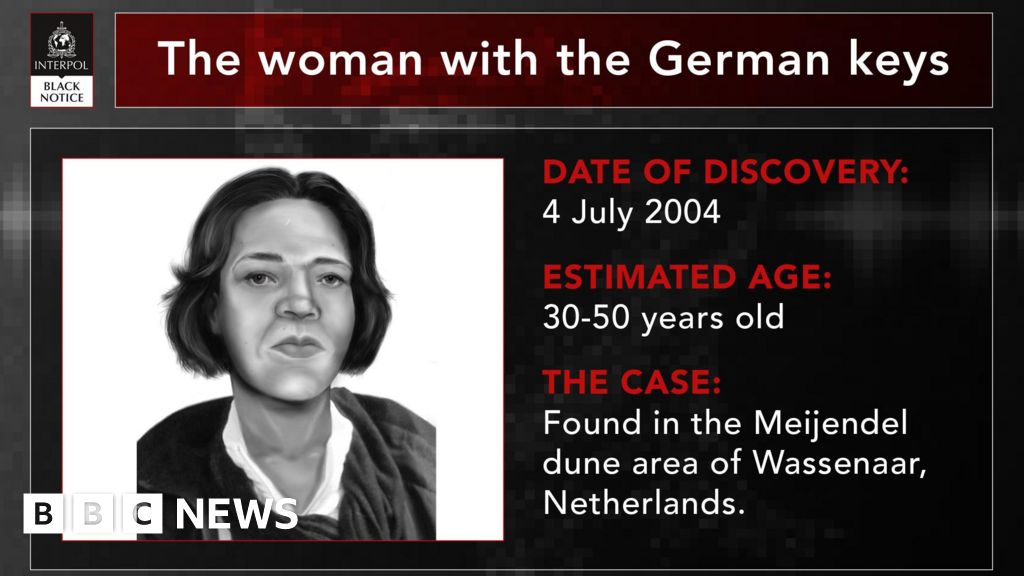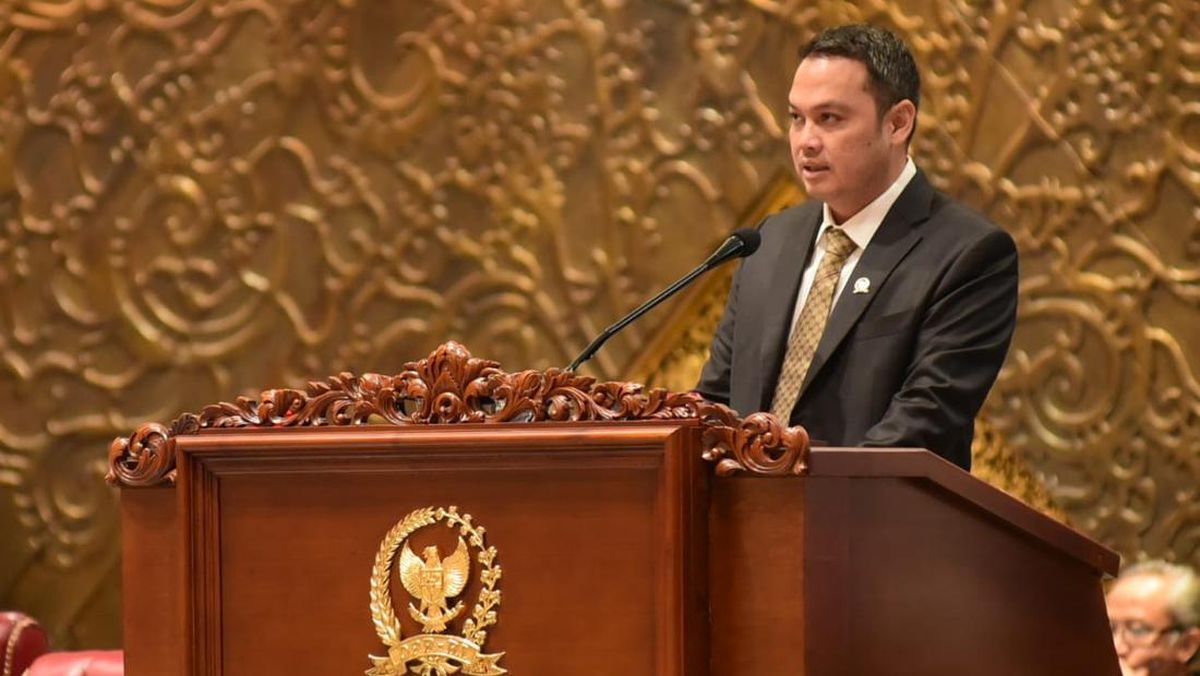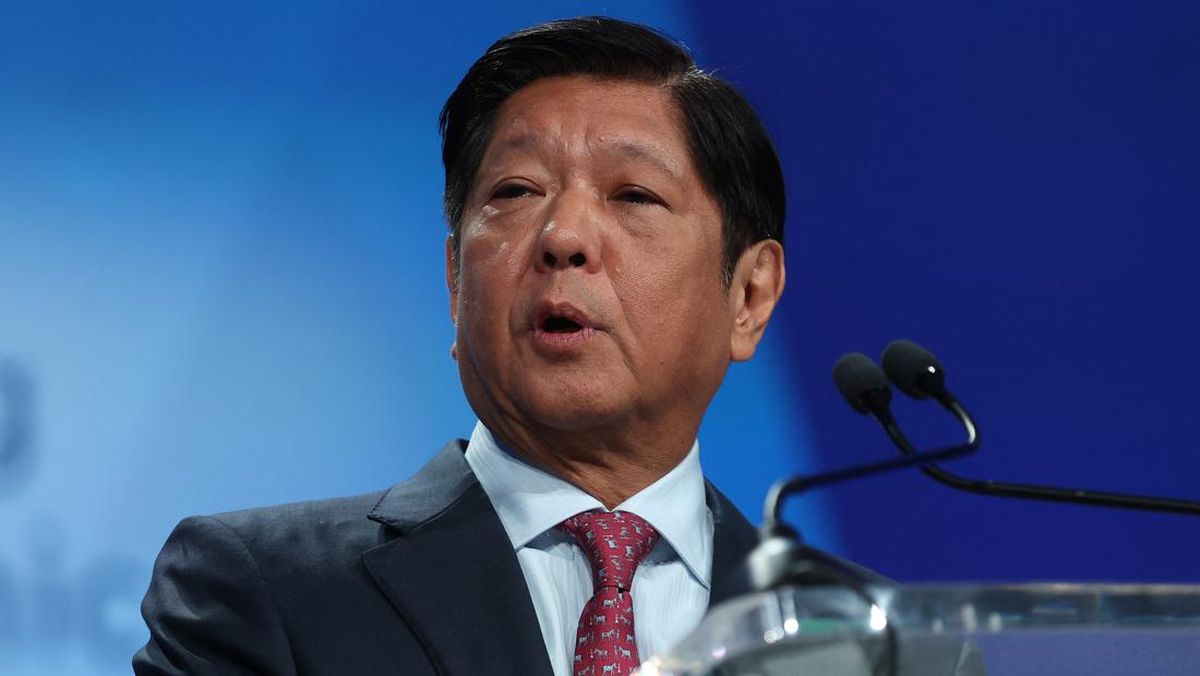Opinion
September 18, 2025 — 5.00am
September 18, 2025 — 5.00am
Imagine, for a moment, you’re a first year apprentice hairdresser. You’re 16 years old, still living at home with your parents, and getting by on an annual trainee wage of less than $40,000. It’s highly unlikely that you have a deep understanding of Australia’s industrial relations system because the only contract you’ve come across to date is for your smartphone.
Despite the modest wage and entry-level position, a business in the nation’s capital employing this teenager required her to sign a non-compete clause when joining the salon.

Credit: Dionne Gain
That non-compete clause meant if she left the salon (or was sacked), she would be barred from working at another hairdresser within a 30-kilometre radius, cutting the hair of any of her previous clients or even talking to salon suppliers for 12 months.
Businesses talk a big game about enjoying the cut-and-thrust of competition, how it brings out the best of them. But when a 16-year-old on $39,559 is considered such a threat to a business’s survival that they’re barred from colouring the hair of anyone in suburban Canberra, I call bullshit.
Non-compete clauses have long been a particular bugbear of Assistant Competition Minister (and economist) Andrew Leigh, driven in part by mounting evidence that the growth in these clauses have contributed to the global slowdown in productivity. Hence, the federal government’s promise to ban non-compete clauses in work contracts for people earning less than $183,000 a year from 2027.
Loading
The Australian Bureau of Statistics estimates about 20 per cent of the nation’s workforce is affected by non-compete clauses. But in some sectors, such as real estate and financial services, the rate is beyond 33 per cent.
While clauses of some sort have been around for yonks, (think the “gardening leave” that CEOs are forced to take before moving to a competitor or banning them from working with suppliers and clients if they leave), over the past 20 years they have grown like topsy.
In the US, Silicon Valley companies worked together to create contracts that prevented bidding wars between each other to steal talented people.
That term – bidding war – gives away who really benefits from non-compete clauses. The tech scions didn’t want to keep paying their staff ever higher wages so, like a cartel, they came up with a way to protect their bottom line at the expense of those with the talent to make them billionaires.
The economic pain caused by non-competes is that they prevent people from moving between businesses, taking with them ideas that can be parlayed into innovative goods and services. They hinder competition.
Former staff of one company setting up a competitor business is the history of capitalism. Google, Apple, PayPal were all created by staff and entrepreneurs who left similar businesses to go off and create their own firms.
Yet here in Australia, the argument from businesses is that the government should wind back or even abandon its plan to outlaw non-competes.
In an anonymous submission to the Treasury on the government’s plans, one business owner argued most non-competes didn’t go far enough, and that it should be easier to restrain staff from leaving. This person complained that four of their 10 staff had left, put up their own shingle, and as a result, his business was now making a loss. “No point in hiring and training people if they can so easily leave and start on their own, especially in service businesses like recruitment, and accounting,” he argued.
Interestingly, there was no mention in of why his staff had gone. Perhaps if the business owner had offered better pay or conditions, or listened to the disgruntled employees who obviously believed they could do better themselves than under their current boss, he may have had some idea what was going on.
Loading
In another case described to Treasury, a full-time corporate affairs director on $130,000 a year was told she could not work anywhere else in the entire world for two years after leaving thanks to a string of non-compete clauses in her contract, despite the company making her redundant.
How the business was planning to enforce a non-compete clause if the sacked worker turned up in Canada or Kenya as a corporate affairs director is beyond my simple comprehension. But there it sat, on this person’s contract for a firm that no longer wanted her.
These “whole-of-world” or extremely long-lived clauses are appearing in more work contracts. It’s almost as if businesses are attempting to stop their staff maximising the value of their talents.
Let’s call these contracts for what they are – an attempt by businesses to quash wage growth. Research shows working Australians with non-compete clauses earn 4 per cent, or about $2500 a year, less than someone without such clauses.
There may be cases to protect a company’s IP, particularly for unique skills that the firm was intimately involved in developing in their staff member. But there are other ways to protect those trade secrets or investments rather than indefinitely exiling an employee from the state or the country.
And last I checked, no one employer is solely responsible for the expertise of boilermakers, NDIS support workers, childcare educators, Pilates instructors, administrative staff or plumbers. And yet, all have found non-compete clauses in their contracts.
We have hairdressers prevented them from even telling people via social media that they have moved on. There are short-order cooks barred from making a sandwich or frying a schnitzel for six months after leaving a business.
Almost 250 years ago, economist Adam Smith warned that when businesses of the same trade met, it was usually to act in a conspiracy against the public. No doubt, Smith would recognise the growth in non-compete clauses for what they are. The problem for businesses so in favour of them now is that the public has cottoned on, too.
Shane Wright is a senior economics correspondent for The Age and The Sydney Morning Herald.
The Opinion newsletter is a weekly wrap of views that will challenge, champion and inform your own. Sign up here.
Most Viewed in Politics
Loading


















































